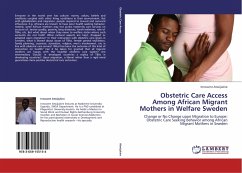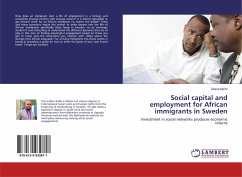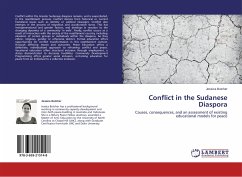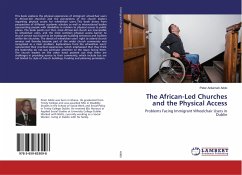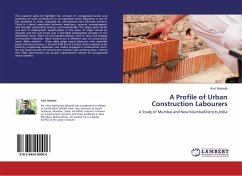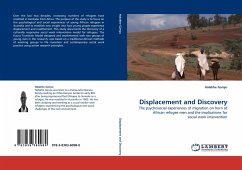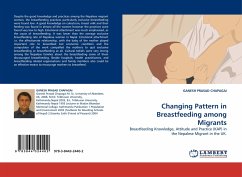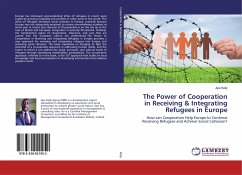Everyone in the world over has culture: norms, values, beliefs and traditions coupled with other living conditions in their environment. But with globalization and migration, people respond to inward and outward influences. E.g. Africans are known to have poor health seeking behavior. Indeed, some African mothers may not access maternity care services on account of: service quality, poverty, long distances, harsh midwives, role of TBAs, etc. But what about when they move to welfare states where such accounts do not hold? What cultural aspects are kept, dropped or adopted upon migration? In their interaction with obstetric care givers in Sweden, what is shared about issues of TBAs, female genital mutilation, family planning, cesarean, starvation, religion, men's involvement, etc in line with obstetric care service? What has been the outcome of this kind of interaction on health? Can it be taken for granted that all migrant mothers are happy with the Swedish obstetric care system? Are intermediary 'Doulas' in developed countries a replica of TBAs in developing countries? Upon migration, a liberal rather than a rigid mind guarantees more positive obstetrical care outcomes.
Bitte wählen Sie Ihr Anliegen aus.
Rechnungen
Retourenschein anfordern
Bestellstatus
Storno

